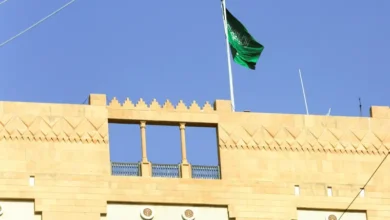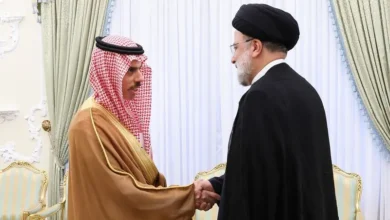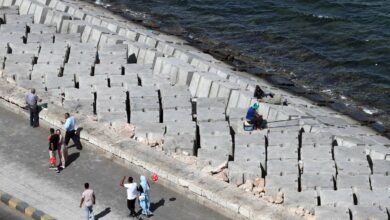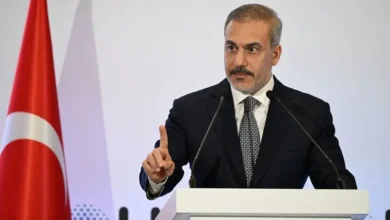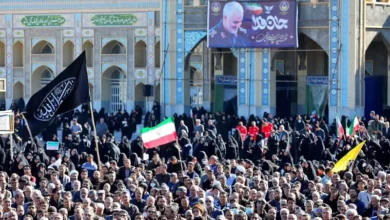Syria’s Bashar al-Assad: The president who lost his homeland

After more than 13 years of war, hundreds of thousands of people killed and millions displaced, the 24-year rule of Syrian President Bashar al-Assad is over.
Large crowds on Sunday gathered in the streets of Damascus to celebrate, after opposition forces took control of the capital in a stunning advance that saw them seize several key cities in a matter of days.
Al-Assad reportedly fled the country on an airplane, bringing an end to more than 53 years of his family’s authoritarian rule over Syria.
His departure leaves a country in ruins and millions of Syrians wondering what’s next.
A man who wasn’t meant to lead
When al-Assad inherited power in 2000 after the death of his father, Hafez, there was cautious optimism for political change in Syria.
Originally an eye doctor studying in London, al-Assad was never meant to become president. He was called back to Syria after the death of his older brother, Basil. In order for Bashar to assume the presidency, the parliament had to lower the minimum age for candidates from 40 to 34. He won a referendum with more than 97 percent of the vote, where he was the only candidate.
The Syrian uprising
A decade later, in March 2011, al-Assad faced his first major challenge as Syrians took to the streets demanding democracy, civil liberties and the release of political prisoners.
Al-Assad dismissed the uprising as a foreign conspiracy, labelling his opponents as “terrorists”.
As leader of the country’s only legal political power, the Baath Party, and commander-in-chief of the armed forces, his response was a brutal crackdown.
This only intensified the protests, which quickly escalated.
In 2012, the government used heavy weapons against rebel groups, including air raids. The unrest spread, prompting an armed rebellion that drew in regional and international powers.
Clinging to power
In the years that followed, the al-Assad government clung to power with the political and military backing of Russia and Iran, as well as the Tehran-backed Lebanese group Hezbollah.
Al-Assad gradually managed to win back most of the territory his forces had initially lost. But he ruled over a fractured nation, with only partial control and a narrow base of support, particularly from the Alawite minority of which his family is part.
A truce was declared in March 2020 following an agreement between Russia and neighbouring Turkey, which has historically supported some opposition groups in Syria.
